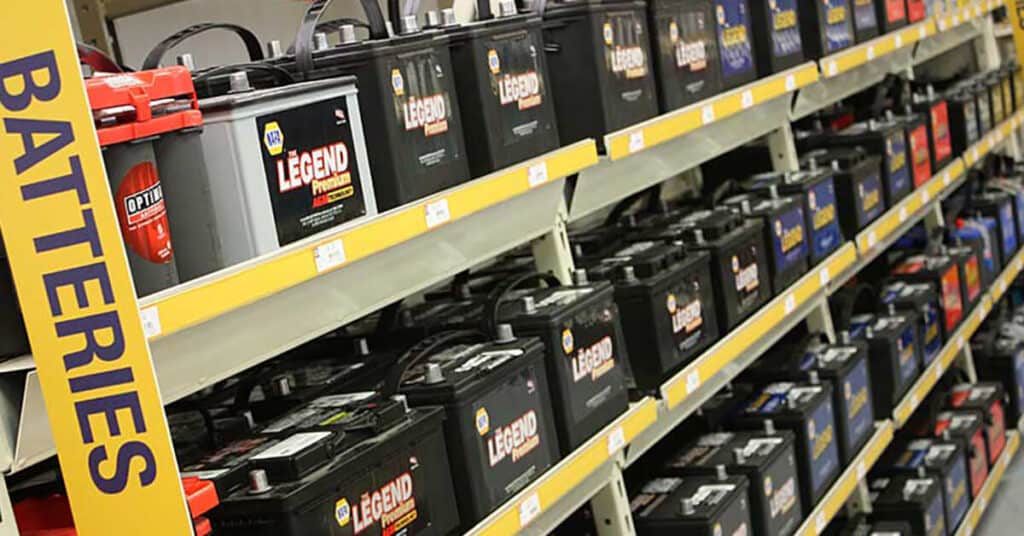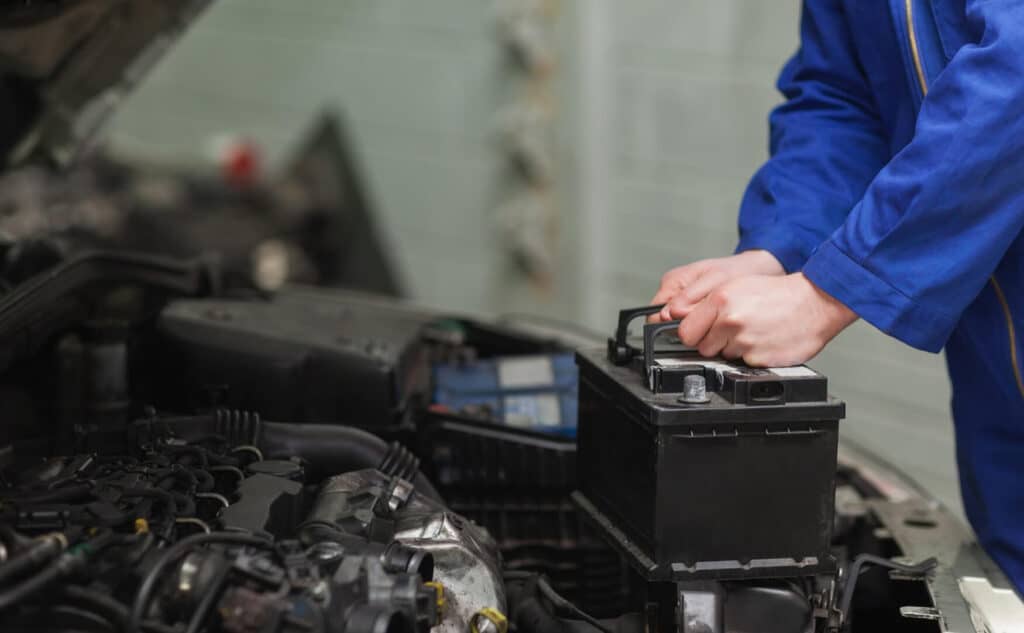Introduction: “Empowering Your Purchase: Understanding the Importance of Your Car Battery Selection”
Your car’s battery is like the heart of your vehicle, pumping energy to every part. But what matters when buying a battery? It’s not just about the price tag. Let’s dive into the core factors that shape your decision.
Setting Priorities: What Really Matters When Buying a Car Battery
What defines a good battery for your car? Imagine you’re assembling a team for a crucial project; each member must be the perfect fit. Similarly, when selecting a car battery, specific priorities must be set. Here’s what to look for:
• Compatibility: Ensure the battery fits your car’s make and model.
• Power Requirements: Consider the battery’s energy capacity (Ah) and cold cranking amps (CCA) that match your car’s needs.
• Climate Considerations: Different weather conditions require specific battery types.
• Warranty: A good warranty provides assurance of quality.
• Eco-friendliness: If environmental impact is a concern, consider batteries with eco-friendly certifications.
Your selection process will become as easy as pie when these factors are carefully considered.

Quality Over Cost: Determining Factors That Affect Car Battery Quality
What determines the quality of a car battery? Picture the selection of a fine wine, where the vineyard, grape variety, and aging process matter. Similarly, battery quality is influenced by:
• Brand Reputation: Trusted brands often have quality assurance processes.
• Manufacturing Process: High-quality materials and strict quality controls ensure a durable battery.
• Technology Type: Modern technologies like AGM (Absorbent Glass Mat) offer improved performance.
• Warranty and Support: A robust warranty and excellent customer support indicate the manufacturer’s confidence in the product.
Always consider these factors, as they can help you make a choice that balances both quality and cost.
Time for Change: How to Know When You Need a New Car Battery
How do you decipher when it’s time to replace your battery? It’s like recognizing the early signs of a cold; knowing the symptoms means prevention. Here are the warning signs:
• Slow Engine Crank: If your car takes longer to start, the battery might be weakening.
• Check Engine Light: Sometimes, this sign indicates a battery problem.
• Age: Typically, batteries last 3-5 years. If yours is older, consider checking it.
• Physical Damage: Any bulges, cracks, or leaks should be a red flag.
• Electrical Issues: Flickering lights or power issues in the car could signal a dying battery.
Just as you’d consult a doctor for health symptoms, it’s wise to consult a professional like Uchaincs, a mobile mechanic company in Canada, to diagnose and address battery issues. They will ensure that your vehicle continues to run smoothly and that you’re never left stranded with a dead battery.
Fresh is Best: Considering the Age of a Car Battery at Purchase
Picture a loaf of freshly baked bread versus one that’s been on the shelf for days. The difference in taste is evident, and the same principle applies to car batteries.
Freshness matters for optimal performance. While the shelf life of a brand-new car battery can vary, typically it shouldn’t be more than six months old. Why?
• Performance: A fresh battery ensures optimal energy output.
• Longevity: Batteries lose charge over time, even when unused. An older battery may have a reduced lifespan.
• Warranty Concerns: Older batteries may come with shorter or limited warranties.
Always check the manufacturing date and consult with a trusted provider like Uchaincs for expert advice.
Navigating Numbers: What It Means to Choose a Higher CCA Battery for Your Car
What happens if you put a higher CCA (Cold Cranking Amps) battery in your car? It’s like choosing a racehorse with more stamina – it can make a difference but must be matched to the needs of your car.
Cold Cranking Amps represent the battery’s ability to start your vehicle in cold temperatures. Here’s why these numbers matter:
• Compatibility: A higher CCA might offer more power but might not be suitable for every vehicle.
• Climate Considerations: In colder regions, a higher CCA may be beneficial.
• Cost: Higher CCA ratings often come with higher price tags. It’s essential to balance needs and budget.
Understanding your vehicle’s specifications and consulting with a professional can help guide your choice.

Comparing and Contrasting: Is There Really a Difference in Car Batteries?
Is there really a difference in car batteries? Absolutely! It’s like comparing apples and oranges.
• Battery Types: From Lead-Acid to Lithium-Ion, different technologies offer various benefits and drawbacks.
• Capacity & Power: Batteries come in different sizes and power ratings, affecting performance.
• Brand Quality: Just as with any product, brand reputation matters, and quality can vary significantly between manufacturers.
• Price Range: More expensive doesn’t always mean better. Understanding your specific needs helps you find the right balance between quality and cost.
Like a skillful sommelier choosing the right wine for a meal, knowing these distinctions can lead to a more satisfying purchase. Utilize the expertise of a mobile mechanic company like Uchaincs to make an informed decision that’s perfect for your vehicle.
Conclusion: “Ready to Buy: Ensuring a Quality Car Battery Purchase for Long-Term Performance”
Armed with the insights from this guide, you are now ready to buy the right car battery. A quality purchase doesn’t just mean smooth driving; it’s about long-term performance and peace of mind.
Remember, choosing a car battery is about more than just meeting immediate needs; it’s about aligning with your vehicle’s long-term requirements. Want professional help in choosing the perfect battery? Consider Uchaincs, a mobile mechanic company in Canada, to guide you through the process and provide a seamless experience.
